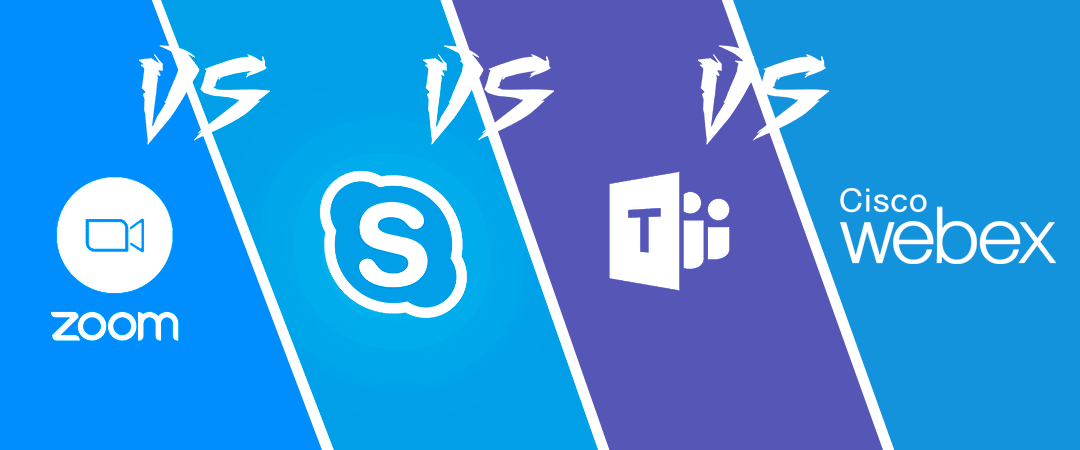I’ve been using Zoom for meetings and webinars for more than 3 years. Scientifically Speaking hosts webinars on cyber security, LinkedIn and mobile technology every Friday for financial professionals and wealth managers. As people around the world have begun to work from home, they are looking to Webex (by Cisco) and Skype and Zoom for financial advisors. The best solution meets the needs of the advisor and their client.


Step 1: On the Teams meeting screen, simply tap on the ‘Show Participants’ at the bottom half of the screen. Now you’ll view a list (on the screen right side) of all members that are connected to the meeting. Step 2: Inside the list, tap the Mute All button located at the top. Zoom, Teams, Skype, Webex: Business collaboration software becoming a battleground, Aternity says. By Brandon Vigliarolo in Software on February 11, 2021, 3:00 AM PST Hybrid work models are going. Sign in to Webex Teams for group chat, video calling, and sharing documents with your team. It's all backed by Cisco security and reliability.
Convenience, ease of use, cost and security are all important considerations for virtual meetings. There are several choices, and the correct tool varies from office to office. I facilitate webinars and meeting with all of the major services, and I have discovered the good, the bad and the ugly of each. Here they are:
ID Theft 101: Prevention Tips
- Ease of Use: The first time I used Zoom for financial advisors I realized how easy it was to use. Attendees received a link to click. Once they clicked they were connected to the meeting. Skype is very popular, but you have to know the attendee’s Skype address to invite them. Webex is recognized as a corporate solution, and several financial advisors use it. The Zoom chat feature is easy to use during meetings, and attendees can mute themselves and turn off their camera. Advantage: Zoom
- Integrations: Business owners need integrations with productivity, sales, marketing and financial services. Skype (by Microsoft) is moving everything to Teams, and it has the most integrations. Webex and Zoom collaborate with the major business players. These integrations level the playing field and make them easier to use. There was no discernible difference between the three platforms. Advantage: Even
- Price / Value: I discovered Zoom because of the cost, and I kept it because of the value ($15 / user / month). Skype / Teams is makes sense if you already use Microsoft 365 (Free). Webex costs the most money ($18 / user / month), but they occasionally have sales. The cheaper solution is not always the best. Consider the number of participants allowed, cloud recording and the length of the meetings / webinars. Zoom provides the most attendees and meeting time at the best price. Advantage: Zoom
- Security: This is where Zoom originally dropped the ball. For years they touted their service has end to end encryption, but that wasn’t true. Security and data protection are critical when using Zoom for financial advisors. WebEx Teams features Personal Room Locking and Encrypted Cloud Storage for added security. Advantage: Webex
- Special Features: Great webinars make it very similar to being in the room with people. Zoom and Teams make it intuitive and easy to do things like blur your background and add emojis. Webex by Cisco is more corporate, and some features are only available for certain levels. Zoom makes it easy to saving meetings to the cloud, host more than 100 people and share your screen. Advantage: Zoom


Zoom Gotomeeting Skype Webex Comparison
Business will never be the same, and webinars are a resource for helping professionals keep up. Webex by Cisco, Skype (Teams) and Zoom are robust tools to build engagement and increase communication with prospects, clients, customers and coworkers. Each has distinct advantages, but we find Zoom to be the best solution for most businesses. Try it out, but the paid version is worth the extra money.
Zoom Teams Webex
Scientifically Speaking, of course…
